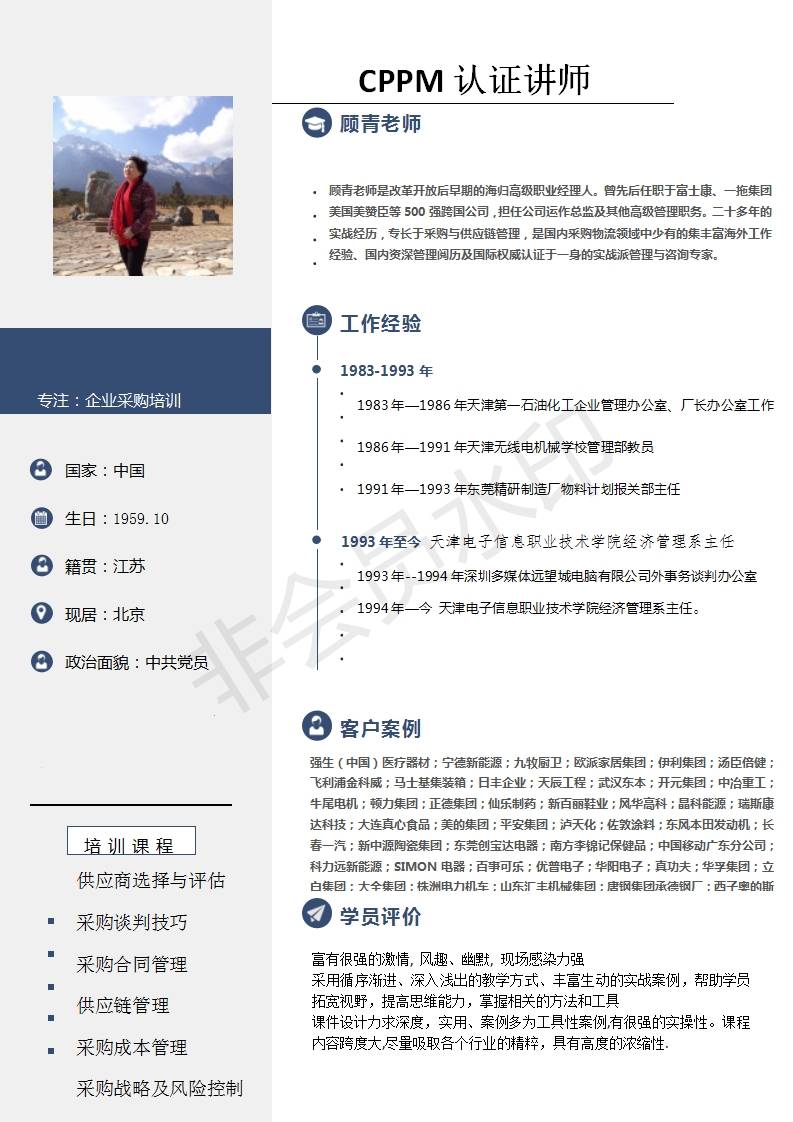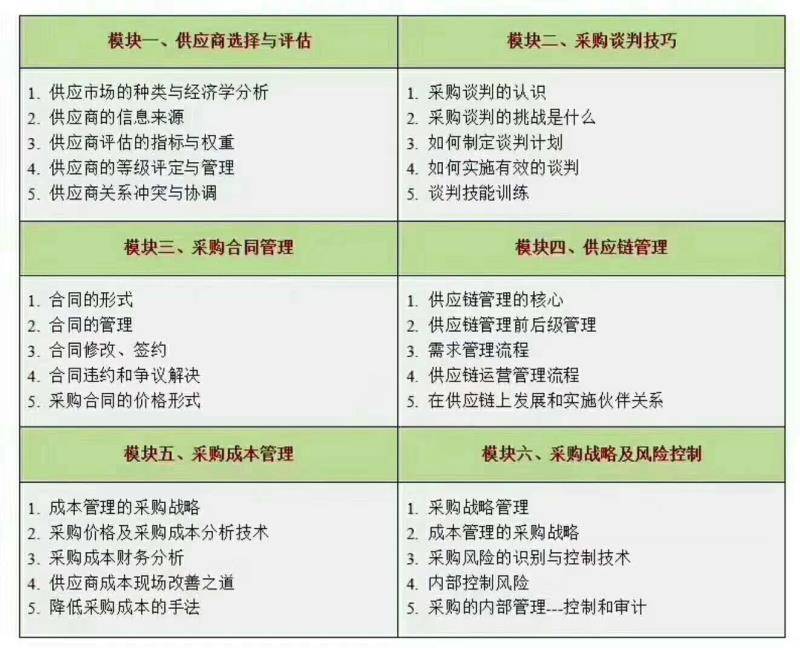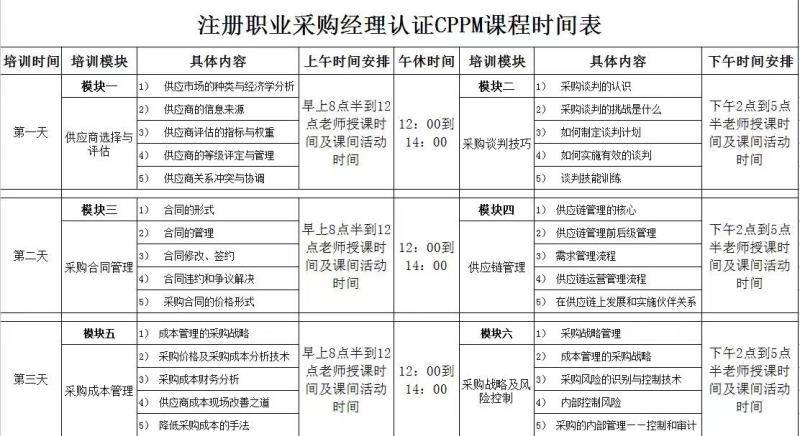Maximizing Your Savings: Understanding FSA Travel Expenses for Smart Financial Planning
#### Introduction to FSA Travel ExpensesFlexible Spending Accounts (FSA) are a great way to save money on out-of-pocket healthcare costs. However, many peop……
#### Introduction to FSA Travel Expenses
Flexible Spending Accounts (FSA) are a great way to save money on out-of-pocket healthcare costs. However, many people are unaware that FSA funds can also be used for travel expenses related to medical care. Understanding FSA travel expenses can help you maximize your savings and make informed financial decisions.
#### What Are FSA Travel Expenses?
FSA travel expenses refer to the costs associated with traveling for medical treatment that can be reimbursed through your Flexible Spending Account. This includes transportation, lodging, and meals incurred while seeking medical care away from home. Knowing what qualifies as an FSA travel expense is crucial for effective budgeting and financial planning.
#### Eligible Travel Expenses
When it comes to FSA travel expenses, not all costs are eligible for reimbursement. Generally, the following expenses may qualify:
1. **Transportation Costs**: This includes mileage if you are driving your own vehicle, as well as public transportation costs like bus or train fares. The IRS allows you to use the standard mileage rate for medical travel, which is updated annually.

2. **Lodging Expenses**: If you need to stay overnight for medical treatment, the cost of lodging can also be reimbursed. However, the IRS typically limits this to a maximum of $50 per night per person.
3. **Meals**: While meals are generally not covered, if you are traveling for medical care and need to eat while away from home, a portion of your meal expenses may be eligible for reimbursement. It’s essential to keep detailed records and receipts for all expenses.
#### How to Claim FSA Travel Expenses
To claim FSA travel expenses, you will need to follow a specific process:
1. **Keep Detailed Records**: Maintain accurate records of all travel-related expenses, including receipts, mileage logs, and any other documentation that supports your claim.

2. **Submit a Claim**: Most FSA administrators require you to submit a claim form along with your documentation. Be sure to check with your specific administrator for their requirements.
3. **Get Reimbursed**: Once your claim is approved, you will receive reimbursement for your eligible expenses. The time it takes to process claims can vary, so be patient.
#### Tips for Maximizing FSA Travel Expenses
To make the most of your FSA travel expenses, consider the following tips:
- **Plan Ahead**: If you know you will need to travel for medical care, plan your trip carefully to minimize costs. Look for the most affordable transportation and lodging options.

- **Consult Your Healthcare Provider**: Before making travel arrangements, consult with your healthcare provider to ensure that the trip is necessary and that you are seeking the right treatment.
- **Stay Informed**: Keep up to date on IRS regulations regarding FSA travel expenses, as these can change from year to year.
#### Conclusion
Understanding FSA travel expenses can significantly impact your financial health, especially if you need to seek medical care away from home. By knowing what expenses are eligible for reimbursement and how to claim them, you can maximize your savings and ensure that you are making the most of your Flexible Spending Account. Always keep detailed records and stay informed about any changes in regulations to make smart financial decisions for your healthcare needs.